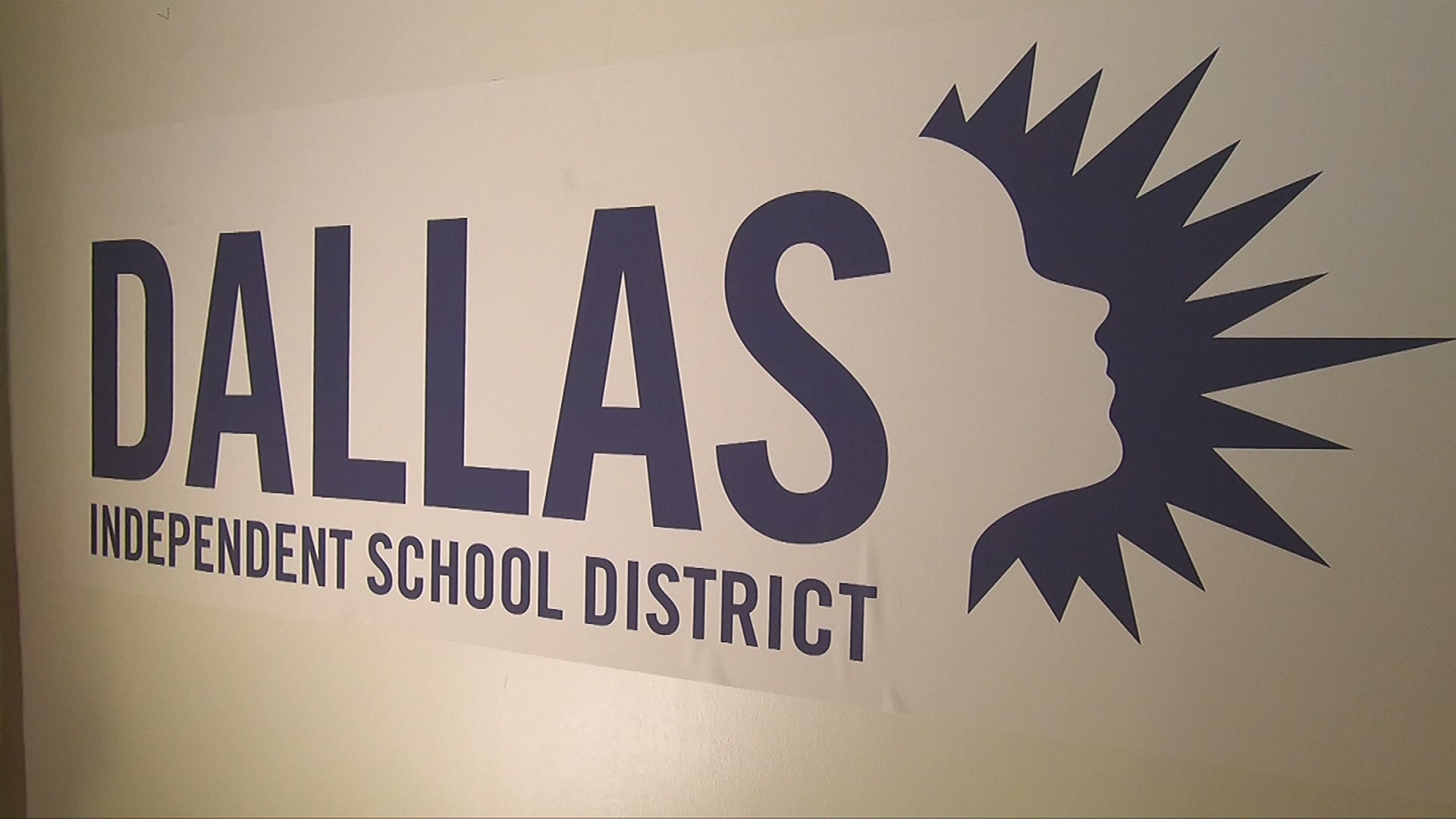Dallas City Council Members Wednesday approved the location for a monument to the lynching of an African American man 139 years ago.
According to historical records, the murder of William Allen Taylor occurred on the west side of the Trinity River near what is now the Commerce Street bridge from downtown.
The monument will be placed on city-owned land at the site in a community now ready to recognize the incident as an unjustified murder.
Ed Gray with the Dallas County Justice Initiative has been pursuing this and other Dallas lynching monuments.
Get top local stories in DFW delivered to you every morning. Sign up for NBC DFW's News Headlines newsletter.
“Dallas is a great city but it also has a history in which we have not come to terms with racism and also with lynching,” Gray said.
He spoke to the Dallas City Council on Wednesday.
“We will recognize for the first time, for the first time, on the banks of the Trinity River where a man was executed, was lynched. But we do this not out of hatred. We do this not out of fear. But we do this out of love because this brings Dallas closer together,” Gray said.
Local
The latest news from around North Texas.
Dallas City Council Member Omar Narvaez, who represents the location for the monument, praised the effort to remember this event.
"We have to remember our history and know what happened in the past. So, when it's done we will make sure everybody is invited to the ribbon cutting and service so we can all honor Mr. Taylor," Narvaez said.
Gray said the monument is still being minted by the Montgomery Equal Justice Initiative.
It will be similar to a plaque that was unveiled in July at the Old Red Courthouse in Downtown Dallas where Allen Brooks was thrown from a window in 1910 before being convicted of any crime.
A main street monument marks the location where Brooks was publicly hung by a mob.
Gray said a marker will also be installed at Martyrs Park on Elm Street in Downtown Dallas where four other people were lynched.
A 2018 article in the SMU Campus Daily newspaper detailed the history of 28 people lynched or hung in Dallas County from 1877 to 1950. Nineteen of them were African Americans.



